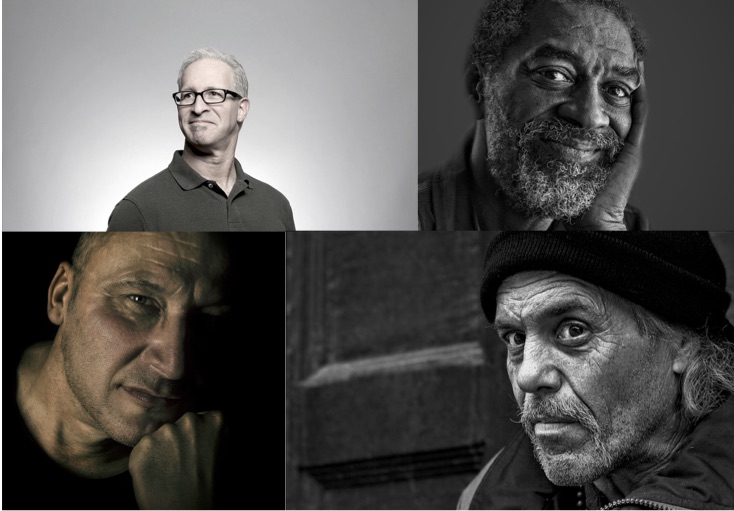Awareness on influence
— 24 mei 2019
Many times a day we make choices, on a subconscious level. The information that our senses perceive is scanned primarily for issues that may harm our well-being or, on the opposite, are beneficial to us.
This assessment is quite rough; there is little room for nuances. If necessary, action is being taken, via the ‘information highway’ between emotional brain and body.
When we respond primarily, without considering it at a conscious level, our response comes from our subconscious. Psychologists say that even up to 90% of our behaviour is automated; which means we’re not conscious about our reactions. It is our way of dealing with the enormous flow of information. For example:
- we realize we have already hit the brakes, when someone suddenly stops in front of us;
- we’ve already answered before we knew it;
- we’ve already decided what to put into our mouth befóre we really start thinking about what would be wise;
how do we give meaning?
Then: íf our primary response comes from the subconscious, what is that behaviour, this first reaction based on?
It’s based on experiences, memories, associations, imprints from earlier days. Our rapid, rough assessment of the current situation is therefore based on a lightning-fast comparison with what we have experienced before. It’s our interpretation of the actual situation or, as you could say, it’s the meaning we – individually – give to the picture, the person, the situation!
In my LEARNING program we used these four pictures or random men, and chose the one that attracted us most to drink a cup of coffee with and have a conversation. And we tried to figure out what it was that made us choose the one we turned to.
For example, if I’m attracted to the man top right, this is because my association with him is one of wisdom and reliability; apparently there is something in him that reminds me of that, without the certainty that my interpretation is right!
reflect, and overcome your first reaction
Then we chose the one that attracted us the least. And experienced how it was to make eye contact and move towards him. Some of the attendees said: now that I’m here, with the guy that seemed the least attractive, it’s not that bad; he even smiles a bit, and it might be a more interesting conversation than I thought!
So, when we go beyond our first response, take a closer look, think about it, experience how it is in a more conscious way, we might come to new insights and experiences …!
What does this learn us about LEARNING, when we are repelled by the idea of a specific subject or assignment:
Don’t avoid it any longer, step up to it, take a closer look, review your old response: what actually ís the problem? What are the possibilities? What cán you do?
want to learn more?
If you’re interested in this program, don’t hesitate to contact me!
